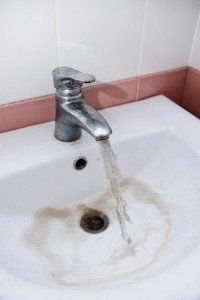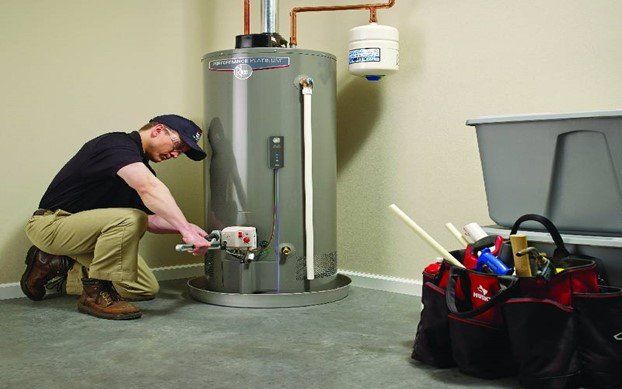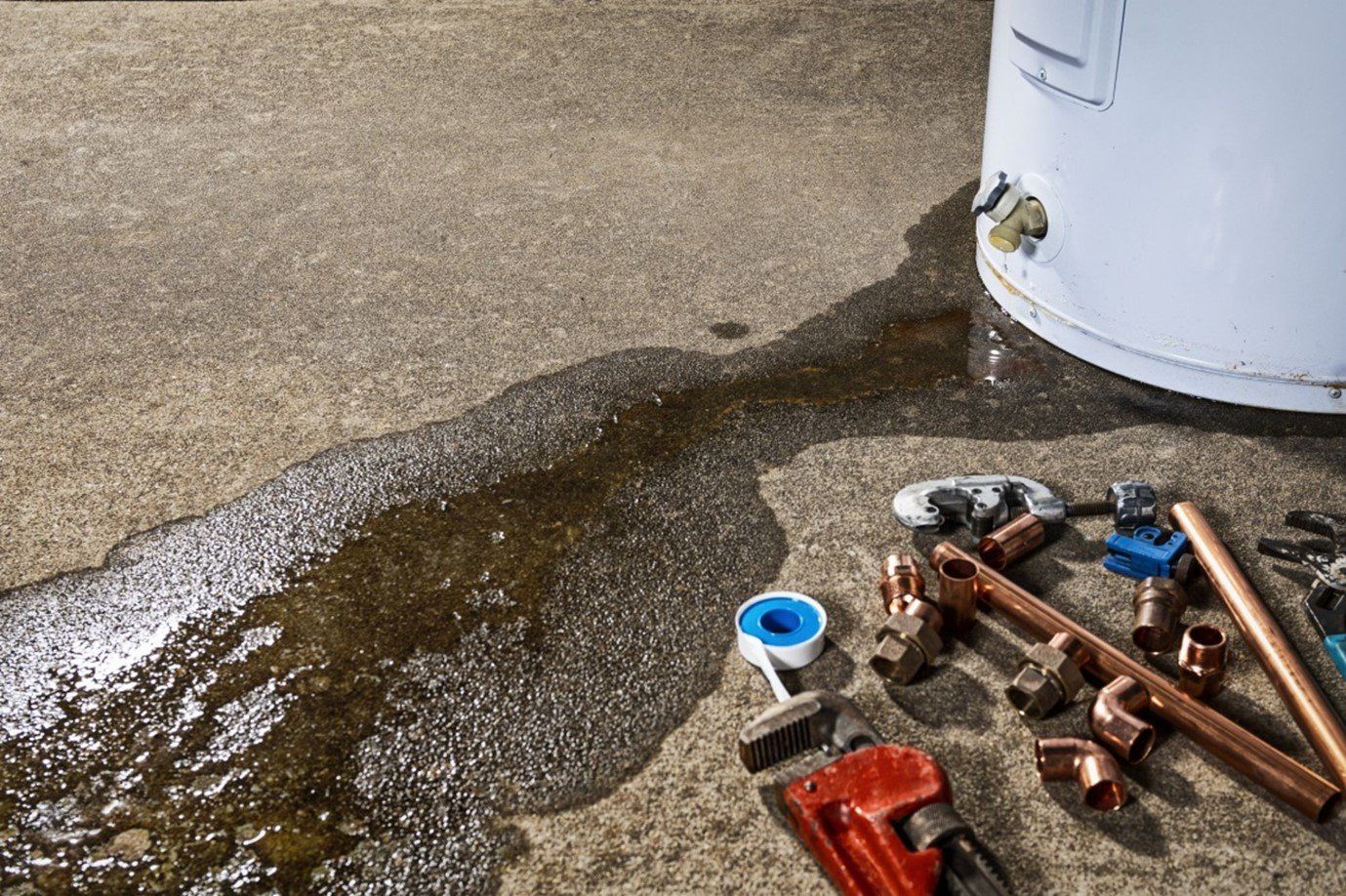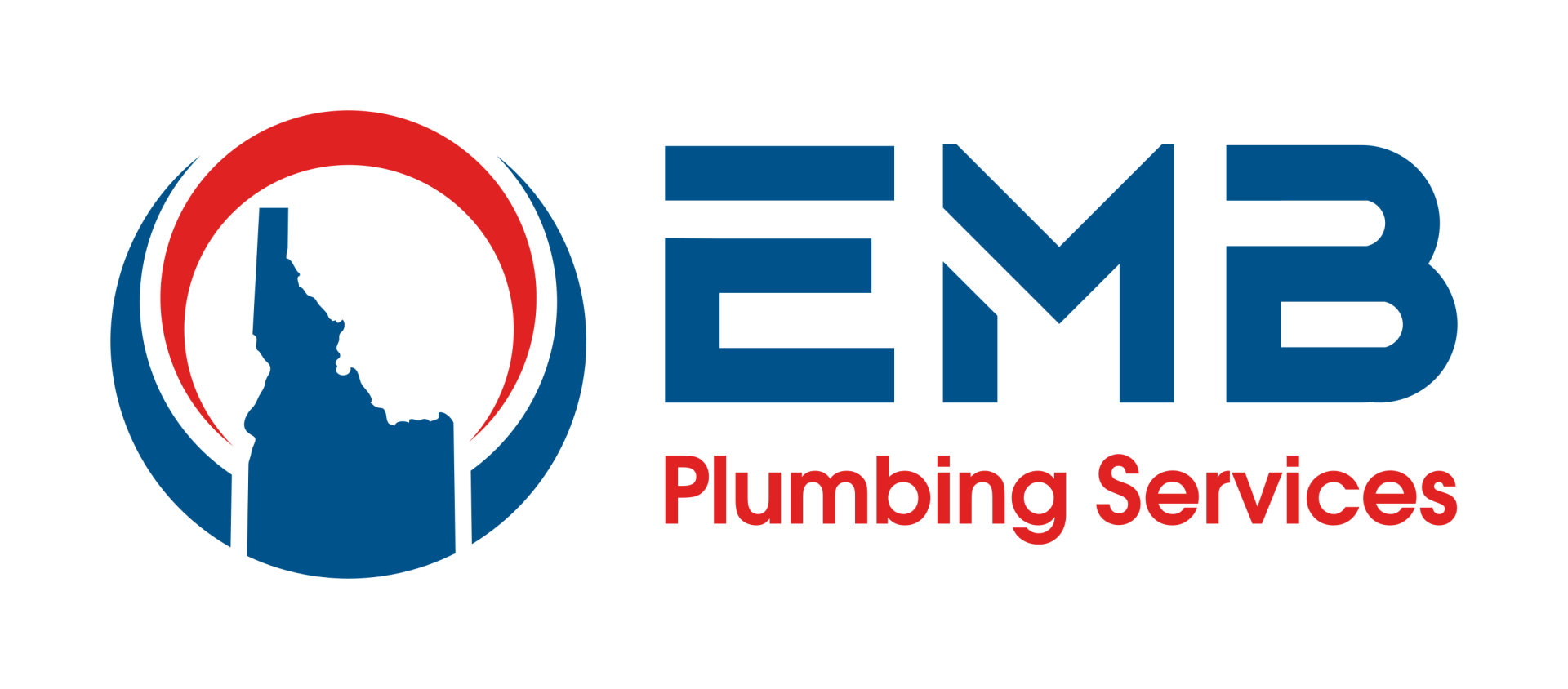Don’t Forget to Get a Plumbing Inspection Before Deciding on That New Home!
July 24, 2018
If you’re in the market for a new home, then you’ll need to get prepared for some inspections.
The thrill of finding a home that you like can become overpowering, and if you’re not careful, you could end up signing yourself into a nightmare.
On the surface, a typical home might not seem like it has much going on. However, once you take a closer look, you’ll realize that many components need to be inspected. If you want to avoid costly repairs, you should examine the home’s plumbing system.
Although it’s crucial to inspect all of the different components, the plumbing system is of particular importance because it’s out of sight. Many potential homeowners overlook this part of the home. Before you put a down payment on the home, some specific plumbing components need to be inspected.
The Main Sewer Line
First, you should try to find out what type of sewer system the home uses. Some homes are equipped with a septic tank while others send waste through a municipal sewer system.
If the home has a septic tank, you’ll want to find out where the tank is located, how much it can hold and where the drain is located. It’s also a good idea to consider hiring a professional plumber and having a camera inspection performed.
If you choose not to have a camera inspection performed, you’re taking a risk and could end up paying thousands of dollars for repairs. Since you know nothing about the home, you should ask the seller about the plumbing history and find out if any of the components still have a warranty.
The Hot Water Heater
The most important plumbing appliance to check is the hot water heater. You should try to find out the age, location, and capacity of this appliance. It should have a capacity that is large enough to accommodate your family. For a typical family of four, the capacity doesn’t need to be larger than 40 gallons.
It’s a good idea to check for mineral deposits inside of the tank. If you find mineral buildup, you’ll need to have it removed because it leaves less room for water in the tank.
It’s a good idea to check the age of the water heater. Most water heaters have a serial number, which should give you the age.
They’re known to last up to 12 years, so you should be able to do the math and determine if you’ll need to find a replacement in the near future.
The water heater should be checked for corrosion and leaks. If you notice any major problems, you might consider asking the seller to have the unit replaced. To reduce your water bill, you can always have an older unit replaced with a tank-less water heater.
Check for Leaks
Although it’s common sense, many home buyers don’t check for visible plumbing leaks. It’s important to check the bathroom and kitchen faucets for leaks because these faucets tend to be used most often. You should check the showerhead and toilet. These components need to be in working condition.
A lot of people might think that a dripping faucet is no big deal, but over time, it can significantly increase your water bill. The refrigerator should be checked for bulges and leaks. If the refrigerator uses a plastic supply line, you might want to consider replacing it with copper.
The Toilets
Many homes have more than one toilet. Before you decide to buy the home, check the toilets and make sure that they work properly. A toilet shouldn’t take an excessively long time to empty or refill.
You should also use your ears and listen for potential leaks. Many toilets start leaking at the base. If the home has older toilets, then you might consider having them replaced.
Many modern toilets are made with a low-flow design, so they can significantly reduce your water bill.
Avoiding Plumbing Problems
If you want to avoid plumbing problems in the future, check the home’s pipes and make sure they’re properly insulated. It’s almost always a good idea to have a professional plumber handle this task. During a harsh winter, exposed pipes can burst and cause a massive amount of damage to your home.
While you’re inspecting the home, you should also check for lead pipes. Most homes that were built before 1986 have galvanized or lead plumbing. Since lead is an environmental health hazard, you might want to avoid homes that have lead piping.
If the home uses a well water system, then it should be inspected by a professional. These types of systems can be quite complex, so it’s almost always a good idea to have them checked by a plumbing professional.
Check for Discolored Water
Another simple test involves turning on the faucets and letting them run for a minute. Give the water time to get hot and check for discolored water. If the water is discolored, there could be several causes. This type of problem doesn’t have to be a deal breaker.
Invest in a Professional Inspection
The average person doesn’t fully understand plumbing systems and how they work, which is why it’s a good idea to hire a professional.
By investing in a plumbing inspection, you can make sure that all of the home’s plumbing systems are working properly.
Most people don’t know that 14 percent of any given water bill is most likely composed of water leak costs. An average family uses about 400 gallons of water per day, and a large percentage of this number is the result of flushing the toilet.
As a home buyer, you can’t inspect every plumbing component inside and outside of a home. It’s best to check the obvious components yourself and leave the rest to a professional.
You might also like
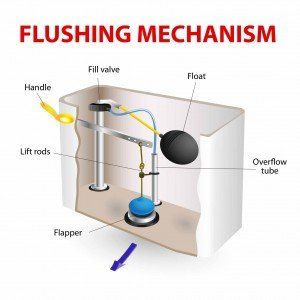
July 24, 2019
Why Won’t My Toilet Stop Running? DIY Toilet Parts Replacement White noise in the background can be a source of comfort, but the sounds of a toilet that won’t stop running are far from comforting. In addition to being annoying and disruptive, a constantly running toilet means that you are wasting loads of water- which
Quick & Reliable
Get the job done right the first time
© 2025
All Rights Reserved | EMB Plumbing Services





